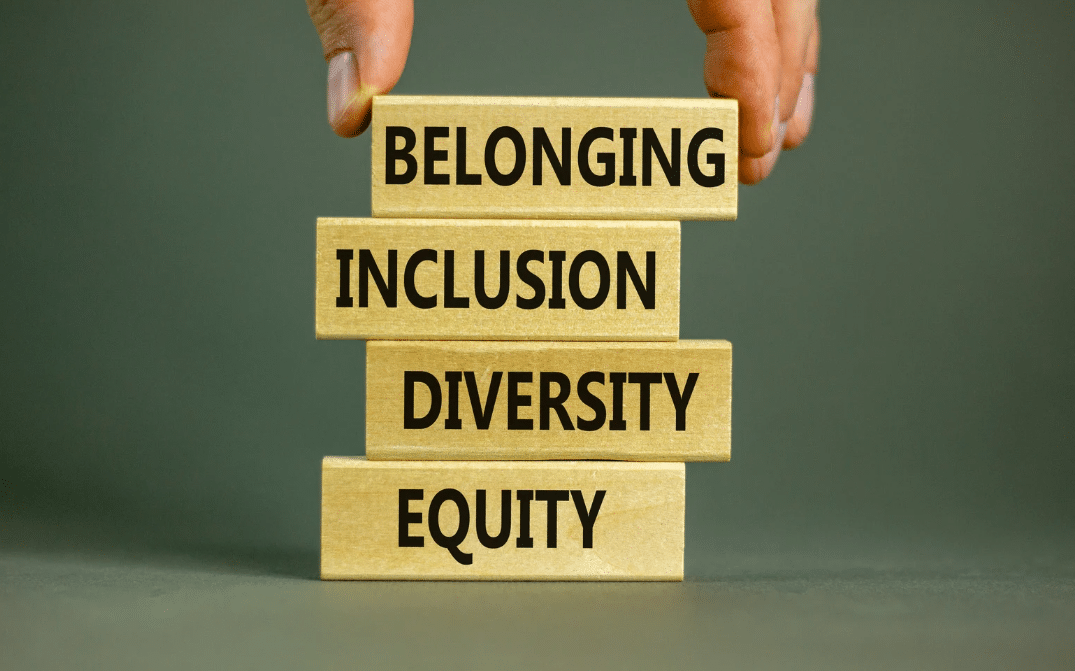In today’s evolving business landscape, diversity and inclusion (D&I) have become not just ethical imperatives but strategic advantages. Franchising, as a model that thrives on replication and adaptability, stands to gain immensely from embracing diverse perspectives and inclusive practices. By opening doors to individuals from all backgrounds, franchisors can build stronger brands, foster innovation, and connect more deeply with their customer base.
Expanding Opportunities for Underrepresented Groups
Historically, many franchise opportunities were dominated by a narrow demographic, limiting access for minority communities, women, and other underrepresented groups. However, this trend is shifting as more franchisors recognize the value of broadening their outreach. By actively recruiting franchisees from diverse backgrounds, the industry promotes economic empowerment and allows new voices to participate in entrepreneurship. This not only creates pathways to financial independence but also encourages a more equitable business environment.
Reflecting a Diverse Customer Base
Franchise businesses serve a wide range of communities. When ownership and management reflect the diversity of the customers they serve, it enhances authenticity and fosters trust. A diverse franchise network can better understand local preferences, cultural nuances, and community needs. This cultural competence often translates to more personalized service, customer satisfaction, and brand loyalty. In essence, diversity within franchising isn’t just about representation—it’s about connection.
Driving Innovation and Growth
Inclusion fosters an environment where people feel valued and empowered to contribute unique ideas. When franchisees and employees bring a variety of life experiences and perspectives to the table, the business benefits from a richer pool of ideas and problem-solving strategies. This diversity of thought can lead to innovative approaches to marketing, operations, and customer engagement. Forward-thinking franchisors are learning that inclusive practices are not only morally right—they also make good business sense.
Enhancing Brand Reputation and Market Reach
Consumers today are increasingly socially conscious. Brands that are seen as inclusive and equitable are more likely to attract positive attention and loyalty from a wide audience. Franchisors who make visible efforts toward inclusivity—through their hiring practices, community involvement, and leadership diversity—signal their commitment to fairness and progress. This not only boosts their public image but also opens up opportunities to reach new markets that value these principles.
Creating a Culture of Belonging
True inclusion goes beyond policies and quotas. It’s about creating a culture where everyone feels they belong, their voices matter, and their contributions are respected. In the franchising world, this means building support systems for diverse franchisees, offering mentorship, and ensuring equal access to resources. A culture of belonging enhances employee retention, franchisee satisfaction, and overall organizational resilience. When people feel seen and supported, they’re more likely to succeed—and help the franchise succeed along with them.
Conclusion
Diversity and inclusion are no longer optional in franchising—they are essential components of a thriving, future-ready business. By embracing D&I, franchisors can unlock new opportunities, strengthen their connection with customers, and drive sustainable growth. As the world continues to become more interconnected and multicultural, the most successful franchise systems will be those that mirror and celebrate the diversity of the communities they serve. In doing so, they not only foster business success but also contribute to a more inclusive economy.










